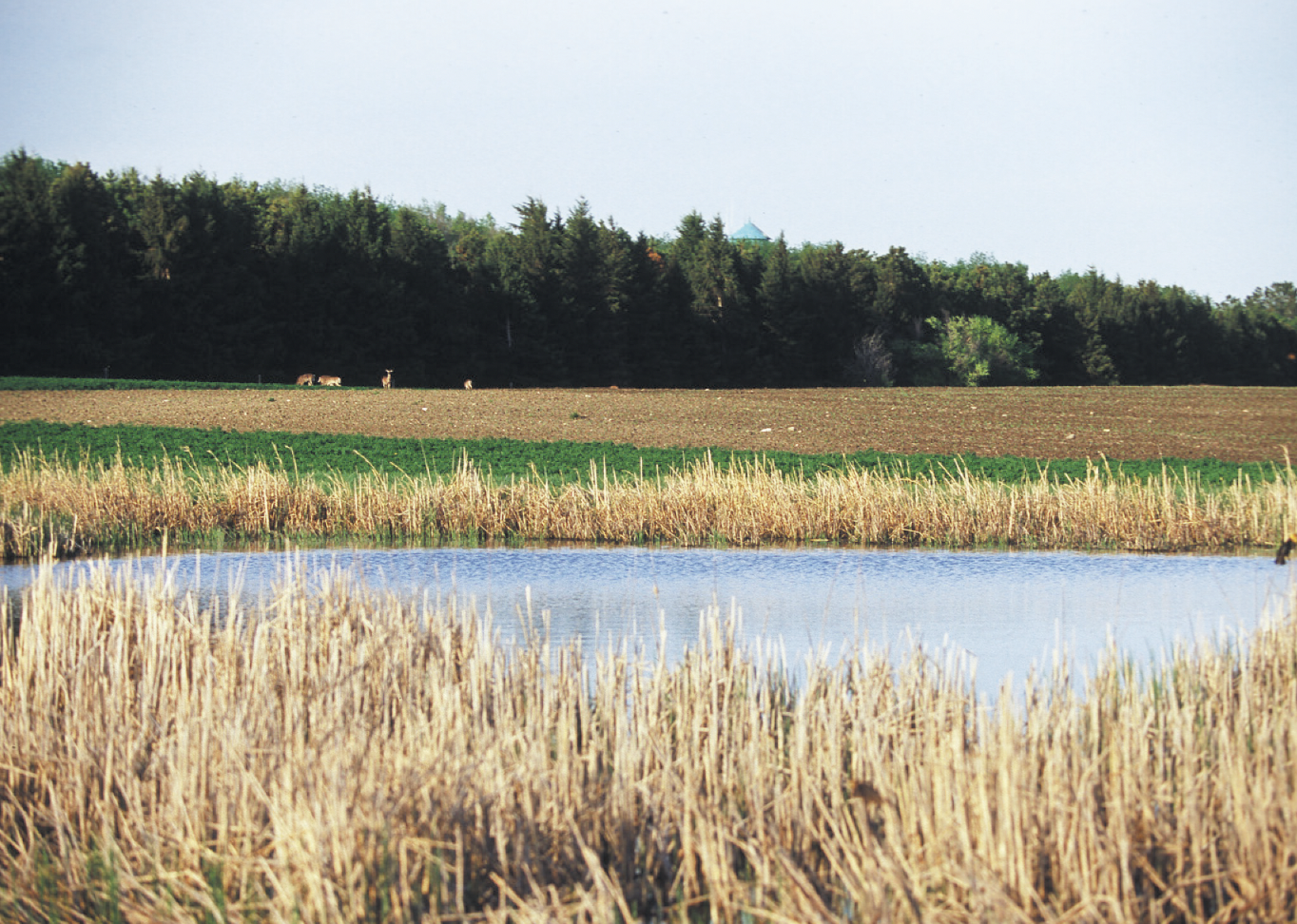November 09, 2023 •
2
min read

Ducks Unlimited (DU) received an $8 million grant from the U.S. Department of Agriculture (USDA) to implement on-farm climate-smart practices in Northeast Iowa.
The funding is part of four separate grants totaling nearly $52 million, which will be used for projects in Kansas, Nebraska, South Dakota and Wisconsin. The grant was awarded to DU under the Regional Conservation Partnership Program (RCPP), which incentivizes a voluntary, partnership-driven approach to conservation on working agricultural lands.
“This isn’t just an investment in habitat or agriculture, it’s a down payment on the long-term sustainability of our land, wildlife and natural resources,” said DU Chief Conservation Officer Dr. Karen Waldrop. “From helping to sequester carbon and improve soil health to preventing erosion and filtering and storing water, each of these projects offers an immense amount of value to our environment that far exceeds the benefits alone. These grants will help DU magnify that impact on a larger scale.”
Through the Scott County Iowa Working Lands for Resilient Communities project, DU will work with farmers and landowners to install climate-smart conservation practices. This includes restoring in field and edge of field wetlands that improve water quality and quantity. The wetlands will also benefit soil health and wildlife habitat.
“Ducks Unlimited is excited to collaborate with the Natural Resources Conservation Service, Mississippi River Cities and Towns Initiative, Partners for Scott County, and others, to support the delivery of this project,” said Chris McLeland, DU’s director of agriculture programs. “DU recognizes the role voluntary conservation practices play in restoring and enhancing wetlands and associated habitats, while also providing critical ecosystems services and we’re excited to do our part and delivering these resources to the ground.”
Iowa’s Department of Agriculture and Land Stewardship has been working with soil and water conservation districts to address local water quality protection needs as part of the state’s Nutrient Reduction Strategy, established in 2013. The goal is to protect water quality in Iowa by targeting and preventing off-site sediment, nutrient loads and livestock waste pollution. The USDA funding for Scott County is another essential component to the future of soil health and clean water in Iowa.
“Iowa has invested heavily in water quality over the last decade,” said DU Regional Biologist Mike Shannon. “This effort in Scott County is another step in the right direction. It is also going to help with flood mitigation near the Mississippi River and water retention in times of drought.”
